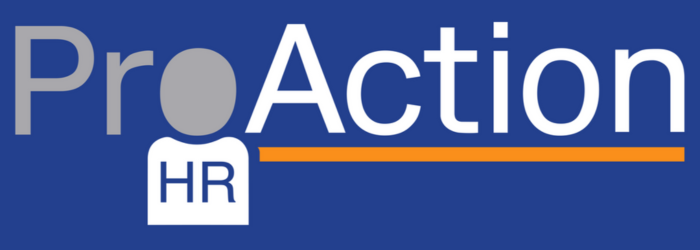It’s OK not to be a super hero!
Written by Joanne Nicholson, co-founder of ProAction HR and business psychologist.
*******************************************************************
OK so confession time – I LOVE LOVE LOVE Christmas, well that’s what I still tell myself. Truth is, I don’t love Christmas as much as I used to. As my responsibilities have grown, Christmas has become more of a task list rather than a joyous event I laugh my way through.
Shock horror, neither are we the Facebook family with matching pyjamas all smiling into the camera. It would be a miracle if I could get all of my tribe to be in the same room at the same time without electronics, let alone all looking at the camera together.
The pressure to be a super hero
With so many of us feeling the pressure to wear our super capes most days, Christmas can be a tipping point that some find really stressful. During lockdown we saw the promotion of the saying “It’s OK to not be OK”. We actually needed to be given permission to say we were struggling. Yes, we are British, yes, we soldier on, yes, we put our best foot forward, but yes, we are human. To be human means to be fallible, and that’s OK.
If we struggle physically, we tend to go to the GP and try to obtain the treatment we need. If we struggle mentally, we tend to not be so assured to ask. Some of it comes down to an awareness that we are actually struggling, but how much of it is stigma that we feel we will be considered weak?
In the workplace, there is the added layer of whether we will be seen to be able to perform at our job. But discussing and informing people about mental health can empower people to thrive.
The tide is turning but more can be done
Education and awareness in mental health is fundamental to changing the tides, and so much has already moved forward in recent years with high profile people discussing mental health and suicide. As the place where individuals spend the majority of their day, the workplace has a big role in helping empower people.
Brene Brown, the New York Times Bestselling author, has made a name for herself encouraging managers to show their vulnerability. Leaders paving the way to show where they have struggled and moments of not coping can set a culture that can be life-changing for many. There is movement, and compassionate cultures are on the rise, but compassion needs to be shown and demonstrated by all, not just a tick box exercise.
I recently had the most enjoyable two days attending a Mental Health First Aid England course. Yes, who knew that it would be fun talking about mental health, and yes some of the content was quite dark, as that is the reality of some of the illnesses, but it was surrounded by positivity. By attending the course, we were in a better position to help ourselves, help others and change the world! Yes, it felt that good.
Some startling statistics from the course….
£105 billion cost of mental ill health in England (NHS England 2016)
Ill mental health accounts for 72 million lost working days and costs £24.9 billion per annum (Centre for Mental Health 2017)
Men aged 40-49 have the highest suicide rates in the UK (ONS 2019)
75% of those with diagnosable mental health illness receive no treatment at all (CMO 2014)
Some key takeouts:
We are all different in terms of how we approach and perceive the world.
We all have different capacities to deal with life, and therefore different tipping points.
Noticing a change in a work colleague could indicate they may be having some mental health difficulties.
There is an action plan which you can learn how to implement which may just change someone’s life.
Approach, assess and assist.
Listen and communicate non judgementally.
Give support.
Encourage the person to get professional help.
Encourage the person to obtain support from others.
Taking the course will provide you with skills to be there for others if they need it, you could be a lifeline.
There is so much more to the course than I can do justice to in this article. If you are interested, do find out more, having Mental Health First Aiders in your organisation helps support those who need it.
And remember, as we are flying around with our super capes doing all that we feel we need to do, just ask yourself, do I really? How am I really feeling?
And maybe the best gift you can give yourself this Christmas is self-care.
***************************************************************************************************************
Further Information
In an emergency or crisis call 999, or 111 or make a GP appointment for non emergency
Samaritans: Phone 116 123 www.samaritans.org
SaneLine: (Phone 0300 3047000) Currently offering call back service on 07984 967708 www.sane.org.uk/what_we_do/support/helpline/
The following helplines provide information but cannot provide emotional or crisis support:
Mind Infoline: Phone 0300 123 3393
Rethink Advice and Information Service: Phone 0300 5000 927
Exploring the course further:


